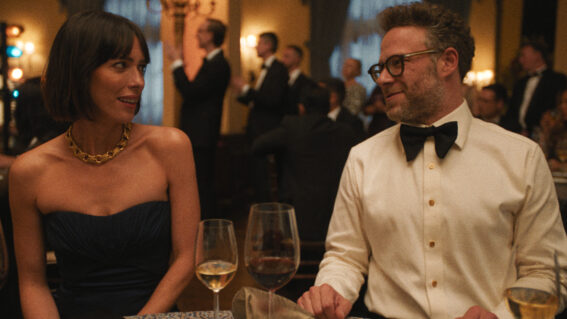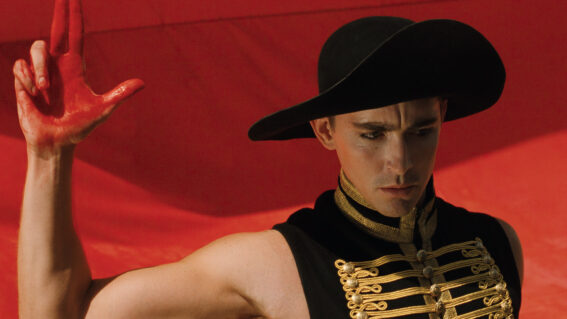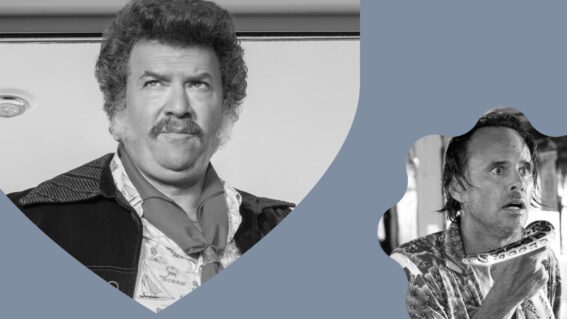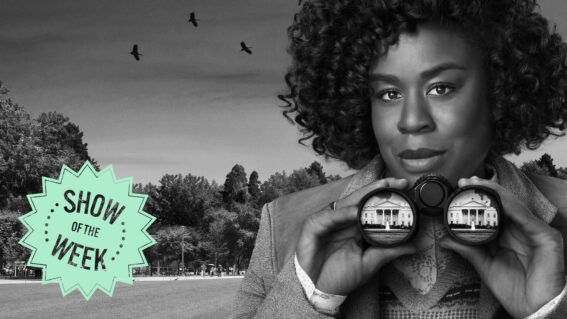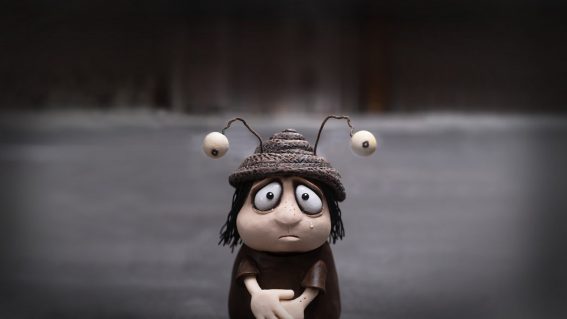The highs and lows of Cannes 2024 – from the Palme to the panned

The 77th Festival de Cannes has come to a close, crowning a new Palme d’Or winner and launching an armada of new films. Recently returned from Cannes, Rory Doherty reports back on this year’s highs and lows.
You can also read Doherty’s reviews of Cannes pics The Apprentice, Kinds of Kindness, Megalopolis and The Surfer.
Last year’s Cannes was one for the history books—between Killers of the Flower Moon, The Zone of Interest, Anatomy of a Fall, May December, Perfect Days, Monster, How to Have Sex, Robot Dreams, Asteroid City, and La Chimera, film fanatics had rarely been so well-stocked for the year to come from a single festival. Those expecting a repeat of the wall-to-wall bangers in this year’s Cannes were disappointed—despite a promising competition line-up, many expressed disappointment over the French fest’s opening week, with far more divisive premieres than clear home runs.
But as the days wore on, and the back-to-back debates over Megalopolis, Emilia Pérez, and The Substance felt like old news, Cannes dropped a Week 2 that stunned. The four or five tremendous films we got in the final three days made us reflect differently on the underwhelming Week 1—for all their faults, the films all offered something interesting and vibrant, and deserved not to be written off in their first week of life.
Cannes 2024 featured a range of older Hollywood titans staging personal projects on intimate and majestic scales. Paul Schrader’s Oh, Canada felt like the most successful; Richard Gere places a crotchety, sickly documentary filmmaker who uses a final interview to confess his most intimate failures. Schrader shifts away from the oppressive tone of his last few movies and opts for something more soulful, vulnerable, and “wife guy” coded—it’s a thorough treat.
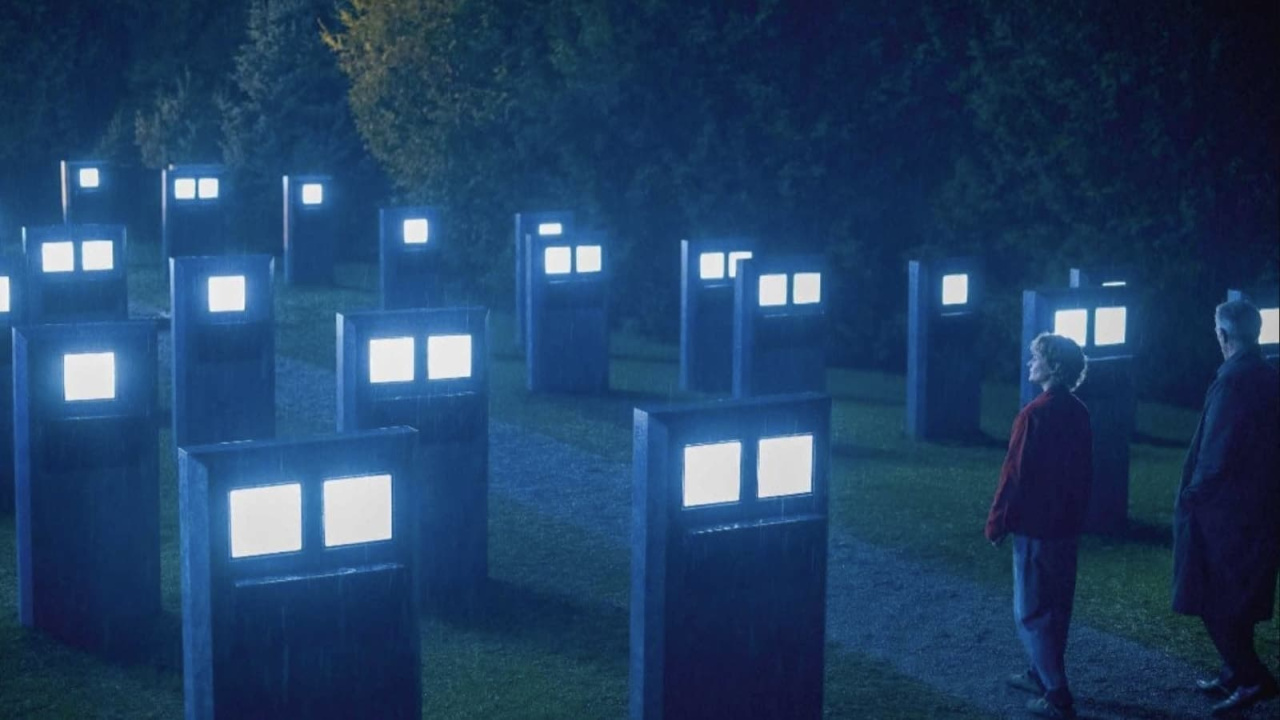
The other “wife guy” movie of the festival, David Cronenberg’s body horror The Shrouds, transplants the Canadian maestro’s grief over losing his wife to a conspiracy-riddled story of tech gurus and corpse-cameras. It’s slightly more creaky than Schrader’s, but still a daringly personal work.
Megalopolis and Horizon were much grander personal projects, and probably have more differences between them than similarities. Both Francis Ford Coppola and Kevin Costner staked their own money in their sweeping epics, but while Costner dreamed of a multi-part Western saga shot in a conventional, robust way with character archetypes mirroring his favourite frontier stories, Coppola sought to make a movie like nothing anybody had ever seen. The results are fascinating: Horizon may be far more palatable to audiences, but the sheer audacity and formal invention of Coppola’s film lingers longer in the imagination.

Enough of old white men: who actually won prizes? Greta Gerwig’s jury awarded the Palme d’Or to the very deserving Anora, the latest class-conscious caper from Sean Baker. Like much of his work, it focuses on a sex worker, this time Ani (Mikey Madison), a stripper and escort in New York whose life is turned upside down several times after she falls for the young son of a Russian oligarch. It brought the house down in every single screening.
Runners-up include the female-directed Indian drama All We Imagine As Light (winner of the Grand Prix), a sensitive and sublime look at female disaffection and love lost in an unfeeling Mumbai and Emilia Pérez, a much less sensitive musical crime flick about a Mexican lawyer helping a cartel boss undergo gender-affirming surgery and hide her transgender identity from his wife and children.
It’s a bit of a mess, but oozing with style, and received both the Jury Prize (the third ranked prize of the festival) and the Best Actress prize, which in a rare move went to all the top-billed ensemble: Zoe Saldaña, Selena Gomez, Karla Sofía Gascón, and Adriana Paz. (Cannes hates giving more than one prize to the same film, but loopholes allow smaller prizes to be combined with acting ones.)
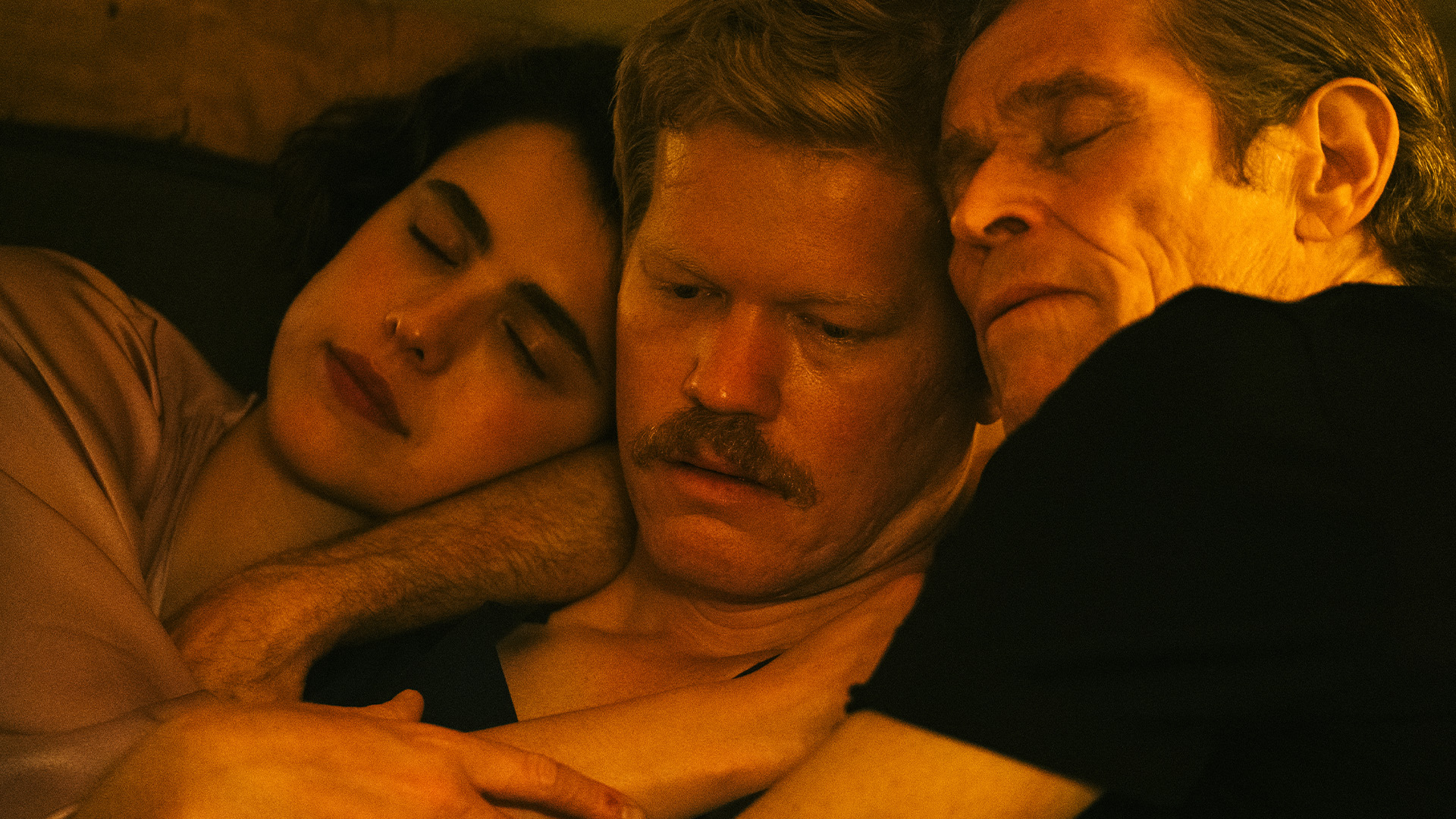
In another acting trophy surprise, Jesse Plemons (aka everyone’s favourite actor to turn up in a movie) was honoured for his three different performances in Yorgos Lanthimos’ anthology film Kinds of Kindness. Best Director went to Brazilian auteur Miguel Gomes for his black-and-white colonial-era travelogue Grand Tour, following two distraught and disconnected English lovers across Southeast Asia. It’s an alienating and shifting work that keeps calling attention to its own artificiality, which is partly why Gomes’ vision is so stirring.
Elsewhere, a screenplay prize went to The Substance, Coralie Fargaet’s splatter-ific pastiche on beauty-obsessed Hollywood, and a Special Prize went to The Seed of the Sacred Fig, Mohammad Rasoulof’s searing domestic drama set during the critical Mahsa Amini protests in Iran. One of these awardees is more deserving than the other; while Sacred Fig loses its nuance and grace as it goes on, The Substance is an over-stylised and underbaked body horror that has many things to applaud (namely, a game performance by Demi Moore), but its screenplay is not one of them.
Other buzzy titles came and went: the weak-willed Trump biopic The Apprentice; Ben Whishaw starring as a Russian dissident, radical, and poet in the overlong Liminov: The Ballad; the mostly dead-on-arrival Parthenope, the latest ode to Napoli by Paolo Sorrentino. Many films didn’t get the praise they deserved: Caught by the Tides, Jia Zhangke’s generation-long romance in an expanding China, was snubbed entirely by the jury, as was Andrea Arnold’s messy but blistering social-fantasy drama Bird, and the patient but breathtaking Vietnamese drama Viet and Nam which went unloved by its competition strand Un Certain Regard and by the independent LGBTQ-specific jury Queer Palm.
Overall, a Cannes edition as messy as this just goes to show how difficult appreciating films at a festival can be; the non-stop succession of buzzy premieres is not necessarily the best way to assess years of work from some of the brightest thinkers of cinema. If this Cannes wasn’t as immediately gratifying as last year, we can only hope these imperfect but interesting works get their proper due as they reach wider audiences throughout the year.





